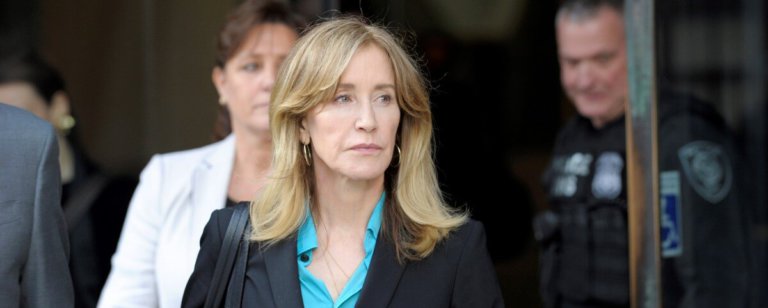
The type of family one is raised in plays a huge role in how their educational and employment trajectories pan out.
A new report found that wealthier students are more likely to enroll in college, pursue a bachelor’s degree over an associate’s degree and go on to highly selective four-year institutions.
These are the findings of a recently released longitudinal study by the US National Center for Education Statistics. The High School Longitudinal Study of 2009 collected data of a group of ninth-grade students in 2009 as they progress through secondary, college and into the workforce.
The report details how a student’s socio-economic status (SES) influences their enrollment, persistence, choice of institution (public, private nonprofit, or private for-profit and 2-year or 4-year) and employment.
The SES is based on the parents’ occupation, highest level of education and income. The students were then divided into five groups (quintiles), with the lowest fifth representing the lowest SES group and the highest fifth representing the highest.
“The indicator finds that the percentage of 2009 ninth-graders who were enrolled in postsecondary education in 2016 was 50 percentage points larger for the highest SES students (78 percent) than for the lowest SES students (28 percent),” the report found.

Wealthier students are more likely to enroll in college, pursue a bachelor’s degree over an associate’s degree and go on to highly selective four-year institutions. Source: Shutterstock
The difference is just as stark when it comes to which college and level of degree programme chosen.
“Among the highest SES 2009 ninth-graders who had enrolled in a postsecondary institution by 2016, more than three-quarters (78 percent) first pursued a bachelor’s degree and 13 percent first pursued an associate’s degree,” writes the report.
“In contrast, the percentage of students in the lowest SES category who first pursued a bachelor’s degree (32 percent) was smaller than the percentage who first pursued an associate’s degree (42 percent). In addition, the percentage who first enrolled in a highly selective 4-year institution was larger for the highest SES students (37 percent) than for the lowest SES students (7 percent),” it adds.
‘Sobering’ data
The data add to the growing body of reports about US universities and how they disproportionately favour the wealthy. The college admissions scandal showed how a family’s fame and money can buy them a spot at a coveted institution. Economists at Stanford, Harvard and the US Census Bureau also showed its weak influence in spurring upward social mobility. The news of a billionaire committing to repay fees for Morehouse College’s entire graduating class this year underscored the reality of the huge debts most students – but particularly women and people of colour – are burdened with.

In this screen grab taken from Morehouse College, on May 20, 2019, Robert F. Smith, an African-American businessman with a fortune estimated at US$4.4 billion, announces to the new graduating class at Morehouse college in Atlanta, Georgia, that he plans to pay off the entirety of their student debt: an estimated US$40 million on May 19, 2019. Source: Morehouse College/AFP
Commenting on the NCES findings on the enduring influence of class on Inside Higher Ed, Director of Upskilling Policy at the National Skills Coalition, Amanda Bergson-Shilcock, described the numbers as “sobering”.
Bergson-Shilcock called the report an “affirmation of how diverse the higher education cohort is, and how different the college-going experience can be.”
For Phil Martin, spokesman for the Education Trust, the findings represent a clarion call for policymakers.
“Students from low-income families are underserved at every level of the US education system,” he said. “That’s obviously not the kind of system anybody would set up if the goal was equal opportunity.”
Liked this? Then you’ll love…
Celeb kids aren’t the only ones cheating their way into college
Want to succeed in the US? You’ll need more than academic smarts







